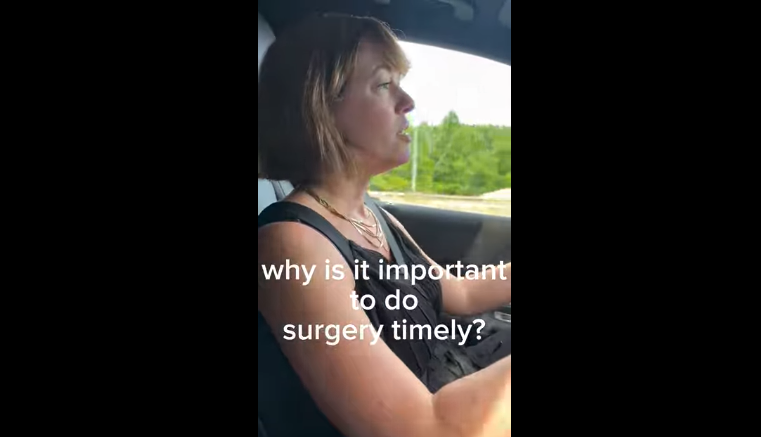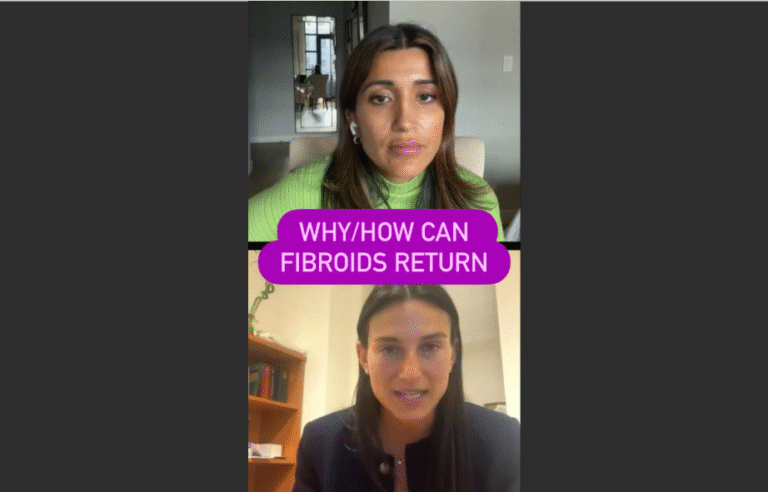Why Timely Endometriosis Surgery Matters
In this video, Dr. Karli Goldstein, DO, FACOG, shares why early surgical intervention for endometriosis—ideally at Stage 1 or 2—can make a profound difference in outcomes for patients.
While there’s no one-size-fits-all timeline, Dr. Goldstein emphasizes that waiting until Stage 4 can mean more complex surgery, higher risk of complications, and fewer options for fertility preservation. That’s why she advocates for closely monitoring symptoms and considering surgery in the late 20s or early 30s when possible.
Timely care isn’t about rushing—it’s about being strategic with your health, your future, and your quality of life.
Key points:
- Early-stage endometriosis surgery is often less complex
- Delaying treatment may lead to advanced disease and reduced fertility
- A proactive approach in your 20s or early 30s can expand your options
- Stage 1 or 2 doesn’t mean your pain is minor—it means you have a chance to act early
At ESSE Care, we specialize in diagnosing and treating endometriosis with expert-led, compassionate care. If you’re ready to explore your options, we’re here to help you take the next step.












